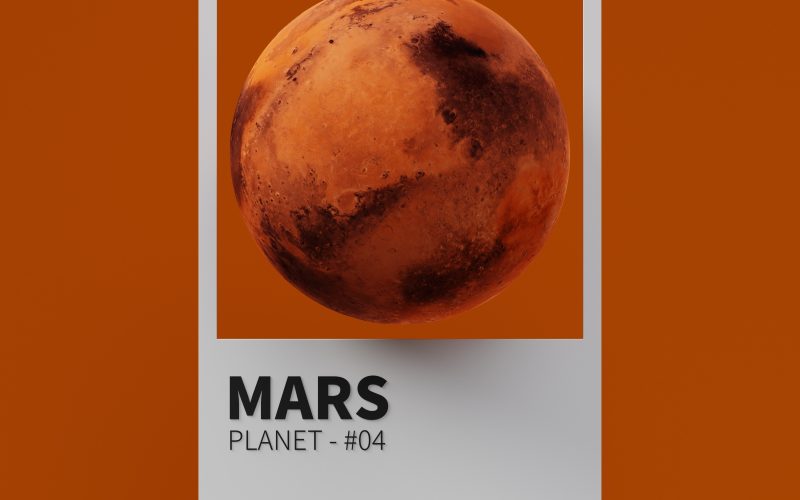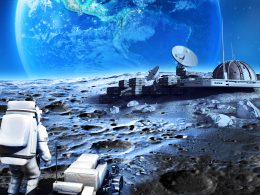The future of space exploration is an exciting and rapidly evolving field, with ambitious goals and cutting-edge technology pushing the boundaries of what we thought was possible. From missions to Mars to interstellar travel, scientists and engineers are working tirelessly to unlock the mysteries of the universe and make space travel safer and more accessible than ever before.
One of the most ambitious projects currently underway is NASA’s Artemis program, which aims to land the first woman and the next man on the Moon by 2024. This mission is not just about exploring the lunar surface but also about testing new technologies and building the infrastructure needed to support long-term human presence on the Moon and, eventually, Mars.
To achieve this goal, NASA is developing the Space Launch System (SLS), the most powerful rocket ever built, and the Orion spacecraft, which will carry astronauts to and from the Moon. In addition, the agency is working with private companies such as SpaceX and Blue Origin to develop new commercial capabilities that will allow for more frequent and cost-effective access to space.
But NASA is not the only player in the game. Private companies like SpaceX, Blue Origin, and Virgin Galactic are also making significant strides in the field of space exploration. SpaceX, for example, has already made history by sending astronauts to the International Space Station on its Falcon 9 rocket and Dragon spacecraft, and is planning to send humans to Mars in the not-too-distant future.
Blue Origin, founded by Amazon CEO Jeff Bezos, is also developing its own reusable rocket and spacecraft system, with plans to take paying customers on suborbital spaceflights as early as this year. And Virgin Galactic, led by billionaire entrepreneur Richard Branson, is also working on its own suborbital space tourism system, with hopes of making space travel accessible to a wider audience.
But the future of space exploration goes beyond just getting humans to other planets. Scientists are also studying the potential of new technologies like nuclear propulsion and fusion engines, which could drastically reduce travel time and open up new possibilities for interstellar travel.
Despite the many challenges and risks involved in space exploration, the potential rewards are too great to ignore. From unlocking new scientific discoveries to inspiring the next generation of scientists and explorers, the future of space exploration is sure to be full of excitement and possibility.












